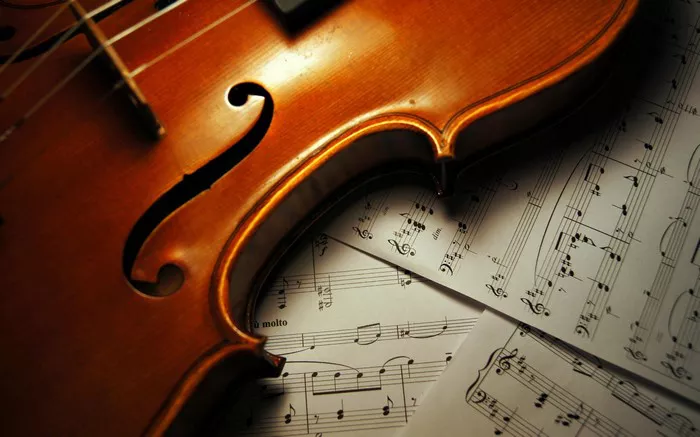Classical music, with its rich history and timeless compositions, has been cherished by generations of music enthusiasts. As the years pass, the question of whether classical music is copyright-free arises frequently. The answer to this query is nuanced and involves understanding copyright laws, public domain, and the complexities surrounding classical compositions. In this article, we will explore the concept of copyright in classical music, the conditions under which some pieces fall into the public domain, and the significance of these factors for performers, educators, and the general public.
1. Understanding Copyright Laws
Copyright laws grant creators exclusive rights over their original works, including musical compositions. These rights are crucial as they enable composers, performers, and publishers to control the use and distribution of their creations. The duration of copyright protection varies from country to country but generally extends for several decades after the creator’s death. During this period, any usage of the copyrighted work, such as performances, recordings, or distribution, requires permission from the rights holder, often obtained through licensing agreements.
2. The Public Domain
The public domain refers to works that are not protected by copyright or whose copyright has expired. When a work enters the public domain, it becomes freely available for use by anyone without obtaining permission or paying royalties. However, determining the status of a classical composition in the public domain can be complex due to factors like the date of creation, the composer’s death, and the country’s specific copyright laws.
3. Copyright Duration for Classical Music
In the context of classical music, the copyright duration can be a matter of confusion. Generally, compositions created before the 20th century are in the public domain in most countries. For example, the works of renowned composers like Ludwig van Beethoven, Wolfgang Amadeus Mozart, and Johann Sebastian Bach are freely available for performance, recording, and distribution without legal restrictions.
4. Gray Areas and Uncertainties
As we move closer to the 20th century, the copyright landscape becomes less clear. Composers who lived and worked during the early 1900s, such as Igor Stravinsky and Sergei Rachmaninoff, have compositions that may still be under copyright protection in certain countries. This situation arises because copyright laws have evolved over time, leading to varying durations of protection based on the composer’s nationality, the year of their death, and international agreements.
5. Arrangements and Adaptations
Another aspect that adds complexity to classical music copyright is the concept of arrangements and adaptations. While the original composition might be in the public domain, specific arrangements or performances of the piece by contemporary musicians might have their copyrights. These new arrangements, even if based on a classical composition, are protected as derivative works, granting the arranger their own set of exclusive rights.
6. Orchestras and Ensembles
Orchestras and ensembles performing classical music also face copyright considerations. While the sheet music for many classical pieces might be available in the public domain, the specific performance by an orchestra might be protected. This means that recordings or live performances by orchestras can require licensing, especially when they are released commercially.
7. Importance of Proper Attribution
Regardless of a composition’s copyright status, giving proper attribution to the composer is essential. Even when a piece is in the public domain, it is essential to acknowledge the original creator to honor their contribution to the world of music.
8. Copyright Renewals and Extensions
In some cases, copyright protection for older compositions has been extended through various legal mechanisms. For example, the U.S. Copyright Act of 1976 extended the copyright duration for works that were still under protection at that time. Consequently, some compositions that were scheduled to enter the public domain had their copyrights extended for several decades.
9. International Variations
It’s important to note that copyright laws differ significantly between countries. A piece that might be in the public domain in one country may still be protected in another. This can lead to conflicts and legal complexities, especially in today’s globalized music industry, where performances and recordings can reach audiences worldwide.
10. The Role of Copyright in Preserving Classical Music
Copyright protection has played a crucial role in preserving classical music and ensuring that composers and their heirs are appropriately compensated for their contributions. These protections have encouraged publishers to invest in printing and distributing sheet music and have given musicians an incentive to continue creating and performing new arrangements and interpretations of classical works.
Conclusion
In conclusion, while many classical compositions are indeed in the public domain and free to use, the copyright status of a specific piece can be a complex matter. Determining whether a composition is copyright-free involves considering various factors such as the composer’s nationality, the composition’s creation date, and international copyright agreements. Musicians, orchestras, and educators must be diligent in understanding copyright laws and obtaining appropriate permissions when needed to ensure a respectful and legally compliant use of classical music. Embracing the public domain aspects of classical music enriches our cultural heritage and fosters a deeper appreciation for the masterpieces of the past.

